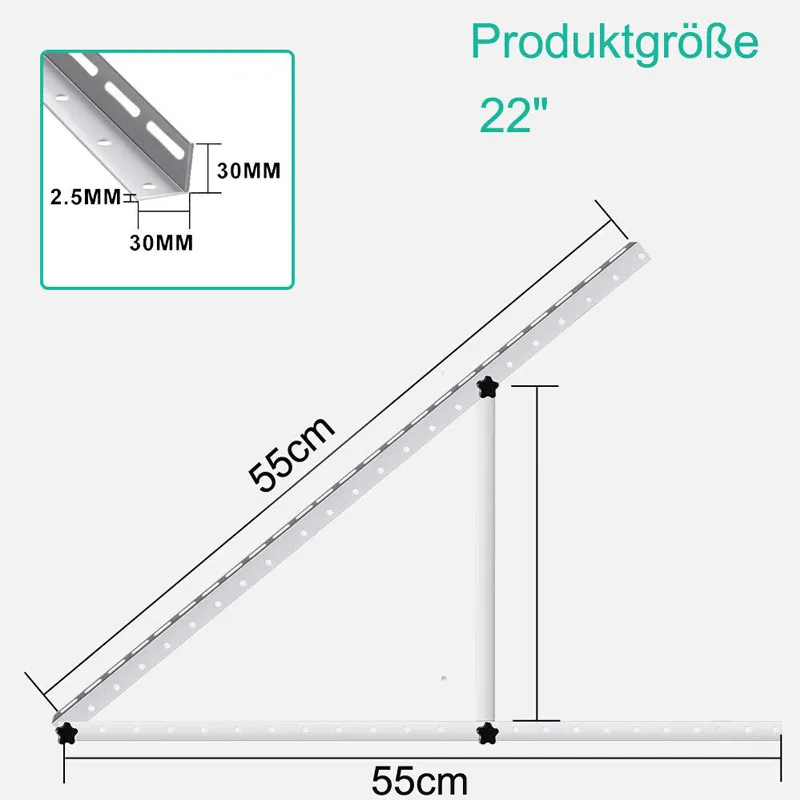

flat washer and lock washer
Sep . 22, 2024 11:53 Back to list
flat washer and lock washer
Understanding Flat Washers and Lock Washers Essential Components in Fastening Technology
Washers are often overlooked components in the world of mechanical engineering and assembly, yet they play a crucial role in ensuring the integrity and longevity of various structures and machines. Among the myriad of washers available, flat washers and lock washers stand out as two of the most commonly used types, each serving distinct purposes in fastening applications.
Flat Washers Function and Importance
Flat washers are thin plates with a hole in the center, designed to distribute the load of a threaded fastener such as a bolt or nut. Their primary purpose is to provide a smooth, leveled surface, which helps prevent damage to the material being fastened. By increasing the surface area under the fastener head or nut, flat washers help to minimize the risk of the fastener pulling through the material and ensure a stable hold.
In engineering, flat washers are made from various materials, including metal, plastic, and rubber, depending on the application requirements. The most common configurations include circular washers, but they also come in square or rectangular shapes for specific situations. Flat washers are often used in applications ranging from construction and automotive to electronics and appliance manufacturing.
Lock Washers Keeping Things Secure
flat washer and lock washer

In contrast to flat washers, lock washers are specifically designed to prevent a nut or bolt from loosening due to vibration or torque. By introducing a level of friction, lock washers help maintain the tightness of fastening assemblies. There are several varieties of lock washers, including split lock washers, tooth lock washers, and external/internal tooth washers, each featuring a unique design that enhances their functionality.
Split lock washers are the most widely recognized type, characterized by a split that creates a spring action as they are compressed. This action generates a counteracting force to resist loosening. Tooth lock washers, on the other hand, have jagged edges that grip the surface of the material being fastened, creating a strong hold against rotating movements.
Lock washers are crucial in applications where machinery and equipment are subjected to constant vibration, such as in automotive or heavy machinery settings. Without them, fasteners could easily come loose, resulting in catastrophic failures or hazardous situations.
Applications and Best Practices
When selecting the appropriate washer for a project, it’s essential to consider the specific requirements of the application. For instance, in an environment prone to vibrations, incorporating lock washers with flat washers can provide a secure, stable fastening assembly. Conversely, in applications where aesthetics or surface protection is important, flat washers alone may suffice.
In conclusion, flat washers and lock washers are fundamental components in the world of fastening technology. Understanding their functions, advantages, and appropriate applications is vital for professionals across various industries. By leveraging these essential components, engineers and technicians can ensure that their assemblies remain secure, durable, and efficient over time. Whether designing new machinery or maintaining existing structures, attention to the details of washer selection can make a significant difference in performance and safety.
Latest news
-
High-Strength Hot Dip Galvanized Bolts - Hebei Longze | Corrosion Resistance, Customization
NewsJul.30,2025
-
Hot Dip Galvanized Bolts-Hebei Longze|Corrosion Resistance&High Strength
NewsJul.30,2025
-
High-Strength Hot-Dip Galvanized Bolts-Hebei Longze|Corrosion Resistance&High Strength
NewsJul.30,2025
-
Hot Dip Galvanized Bolts-Hebei Longze|Corrosion Resistance&High Strength
NewsJul.30,2025
-
Hot Dip Galvanized Bolts - Hebei Longze | Corrosion Resistance, High Strength
NewsJul.30,2025
-
High-Strength Hot Dip Galvanized Bolts-Hebei Longze|Corrosion Resistance, Grade 8.8
NewsJul.30,2025

